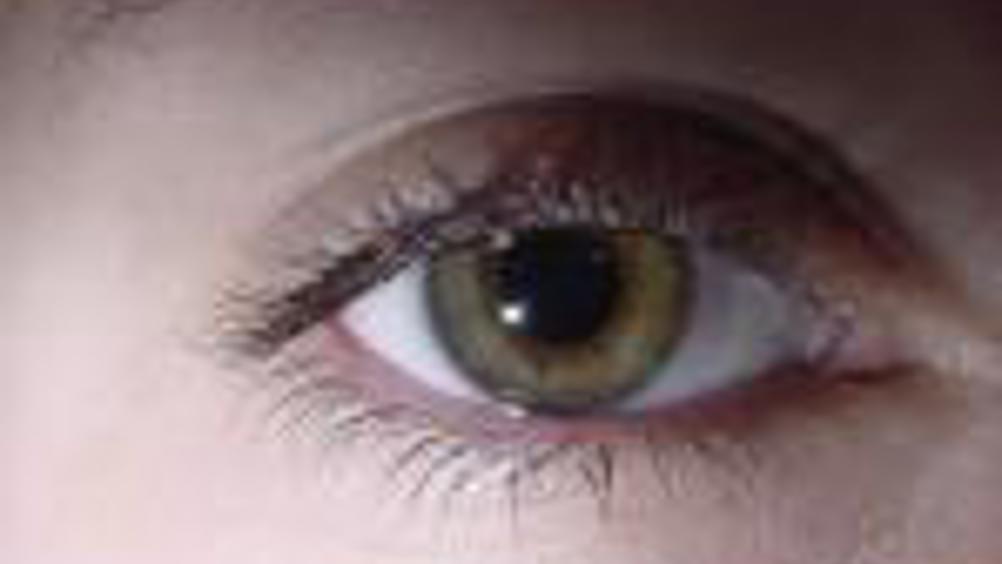Blindness treatment in sight

Researchers at the
Employing similar technology to that found in digital cameras, the scientists will build an electronic implant that they claim eventually would enable people who have become blind to see again.
Age-related macular degeneration and retinitis pigmentosa cause blindness in around one million people in the
Dr Keith Matheson, who is leading the research, said that advances in microelectronics have allowed researchers to develop a retinal prosthesis, a small device that is attached to the retina itself. The device contains an image detector with hundreds of pixels coupled to an array of microscopic stimulating electrodes. The stimulated cells then send information via the optic nerve to the brain.
Register now to continue reading
Thanks for visiting The Engineer. You’ve now reached your monthly limit of news stories. Register for free to unlock unlimited access to all of our news coverage, as well as premium content including opinion, in-depth features and special reports.
Benefits of registering
-
In-depth insights and coverage of key emerging trends
-
Unrestricted access to special reports throughout the year
-
Daily technology news delivered straight to your inbox










National Gas receives funding to develop Gravitricity underground hydrogen storage system
One single rock salt mine - Winsford - has 23 <i>MILLION </i>cubic metres of void and even allowing for 10% of that void set aside for hazardous waste...